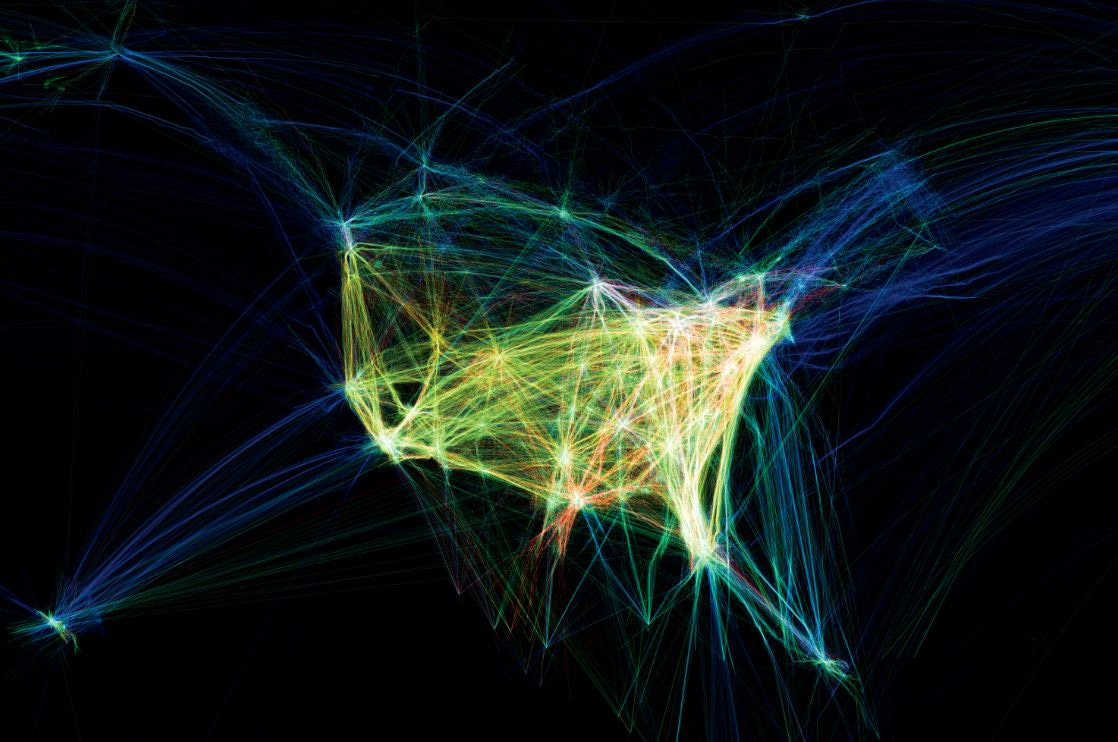Zeus: Airline bailout must lead to new travel innovations
Now is the time for re-invention in air travel as we look to the post-Covid-19 world.

What will air travel look like post Covid-19?
SAN FRANCISCO (Callaway Climate Insights) — Has it really been a year since Rep. Alexandria Ocasio-Cortez, (D-NY) and Sen. Edward Markey (D-Mass.) introduced the Green New Deal?
Seems like a lifetime just since the beginning of last month. It's important to reflect on how this was received, though, in the context of this week's bailout of the U.S. airline industry. Ocasio-Cortez and Markey were roundly vilified for the non-binding legislation, which was never more than an aspirational call on the country to work together to be carbon neutral in 10 years.
Opponents seized on the idea that it called for an ending of air travel, even though the resolution never mentioned airplanes. That attack effectively sidelined the idea as Americans — myself included — could not even imagine the idea of giving up our precious air travel, even though in Europe the idea of "flight shaming" had already begun to catch on.
Now here we are. In less than six weeks we've gone from 2 million air passengers a day in our airports to a low of 87,000 on Tuesday, according to the Transportation Security Administration. Empty planes still fly, but so many routes have been cut that scientists can now study the impact of airplane contrails on cloud formations.
We will fly again, of course. The $25 billion bailout of the airlines announced this week is mostly just a cash giveaway to the biggest airlines in exchange for payroll support and to replace lost passenger traffic. A minority portion are loans that must be paid back in five years, and as part of the deal, the government is getting warrants that can translate to an equity stake at some point. United Airlines, American Airlines, Delta Air Lines, Southwest, JetBlue, etc., all should survive and that's a good thing.
But as we tentatively file back through security lines at our airports in a month or two, most likely to have our temperatures taken and masks required along with everything else left over from 9/11, we might contemplate that this could be the beginning of a new dawn in the transportation industry. Not just for safety, but for green travel.
An industry that currently is to blame for between 11% and 14% of emissions (less than fossil fuels and agriculture; about the same as cow emissions) will have to change, if only to accommodate new travel practices. Not just high-speed trains, though they work well in Europe and Asia, but electric vehicles, changes in global shipping regulations, and even the advent of space travel.
Airports around the world are already experimenting with ideas such as biometric and facial-recognition security, self-cleaning seats and bathroom appliances, sustainable fuel and plastics, autonomous vehicles on tarmacs, and robotic assistants, supported by artificial intelligence.
These will happen not because airline executives want to be green, but because their customers will demand it, especially the international customers who will need to witness green progress to be lured back on to flights. The changes after 9/11 will be viewed as a mere practice run for the changes this pandemic might push along in both travel healthcare and green innovation.
It will be ironic if the bailout of the airlines, which Congress pushed through without any green investment provisions or requirements, ultimately is the first step toward a complete sustained renewal of the air travel industry.
If I were Richard Branson right now — along with being secluded on my private island — I'd be thinking long and hard about this new era in travel and how to capitalize on it. As for the airline CEOs who have been bailed out this week, consider this a loan on our future travel plans. You're going to have to do better then just lose the middle seats.
Why is this column called Zeus? David Callaway explains here.

